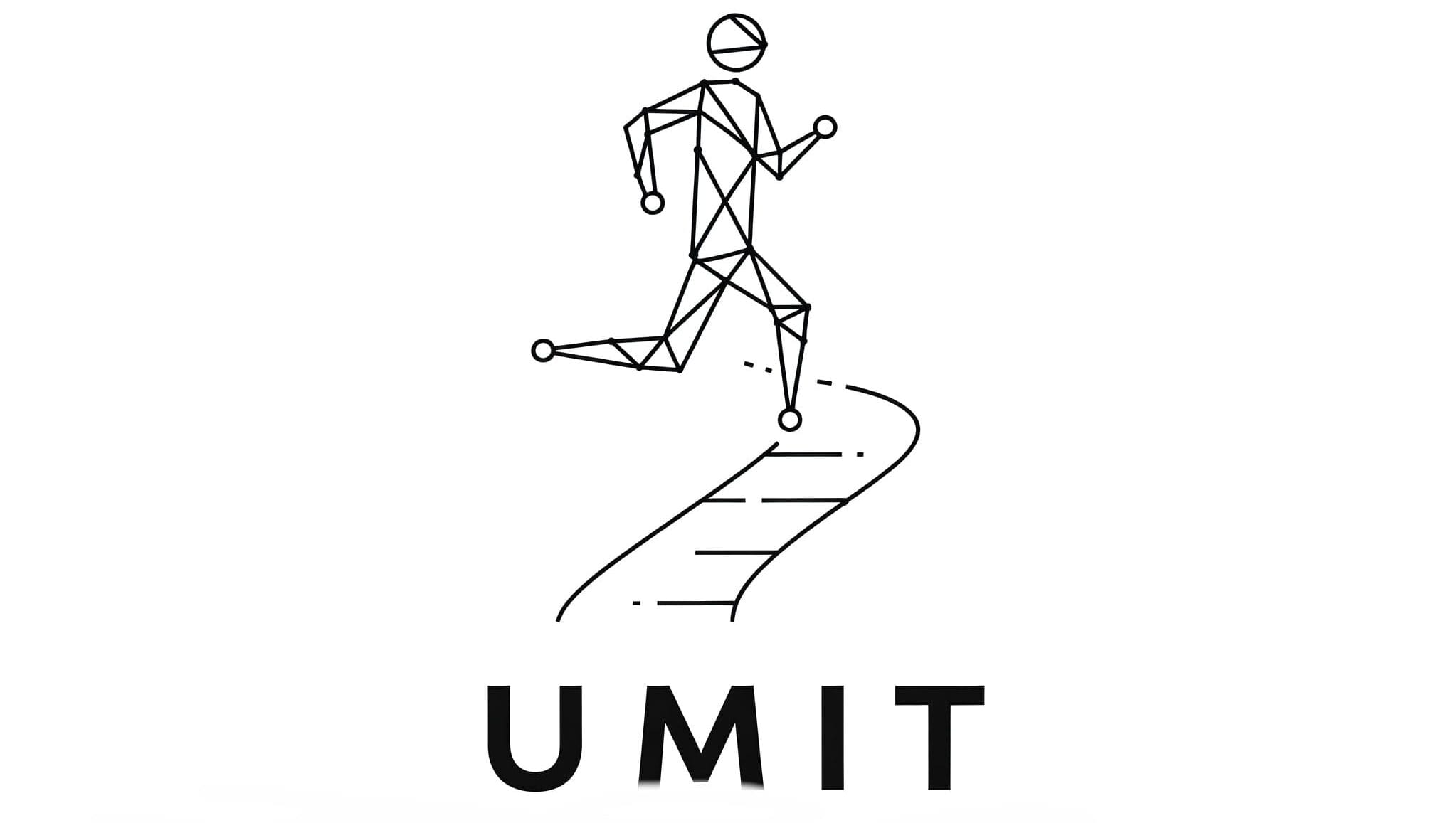Optimize Your Run: Strategic Weight Management for Marathon Performance
Many marathon runners inevitably ask the question: “If I lost a few pounds, would I run faster?” We’ve explored the science, and the answer is often yes – within healthy limits. Previous articles established that lower body weight and, more importantly, lower body fat percentage generally correlate with better running economy and performance potential. Carrying less non-essential mass simply means your body expends less energy with each stride, a crucial advantage over 26.2 miles.
But knowing why weight matters is different from knowing how to manage it effectively while training for a marathon. This post shifts focus from the science to practical strategies, offering insights into healthy weight management techniques that can support your training and potentially unlock new levels of performance, always keeping long-term health as the top priority.
Reinforcing the ‘Why’: Weight and Running Economy
Let’s quickly recap the core principle: Every pound of excess body fat is extra weight your muscles must carry. Reducing this non-functional weight lowers the energy cost of running. This means you can potentially run faster at the same effort level or sustain your pace for longer before fatigue sets in. The extremely low Body Mass Index (BMI) and Body Fat Percentage (BFP) ranges seen in elite runners reflect bodies highly optimized for this principle. While aiming for elite-level figures isn’t necessary or healthy for everyone, understanding the link between leanness and efficiency provides the foundation for smart weight management.
Key Principles of Healthy Weight Management for Runners
Attempting drastic weight loss, especially during intense training, is counterproductive and potentially harmful. Instead, focus on these sustainable principles:
- Gradual Approach: Aim for slow, steady weight loss – typically 0.5 to 1 pound (about 0.25-0.5 kg) per week is considered safe and sustainable. Rapid loss often includes muscle mass and water, hindering performance and recovery.
- Moderate Calorie Deficit: Weight loss requires consuming slightly fewer calories than you burn. However, runners need ample fuel! Aim for a modest deficit (e.g., 250-500 calories per day below maintenance needs) achieved through a combination of mindful eating and training, not severe restriction.
- Prioritize Nutrient Density: Focus on foods packed with nutrients relative to their calories. Fill your plate with whole grains, lean proteins, fruits, vegetables, and healthy fats. These provide sustained energy, aid recovery, and promote satiety, making it easier to manage calorie intake without feeling deprived.
- Hydration is Key: Dehydration can be mistaken for hunger and negatively impacts performance. Drink water consistently throughout the day.
Nutrition Strategies for Performance and Weight Control
Fueling properly is non-negotiable for marathon training. Weight management shouldn’t come at the expense of performance fuel:
- Adequate Protein: Crucial for repairing muscle tissue broken down during training and helping preserve lean muscle mass when in a calorie deficit. Include lean protein sources in meals and snacks.
- Smart Carbohydrate Choices: Carbs are your primary running fuel! Focus on complex carbohydrates (oats, brown rice, quinoa, whole-wheat bread, starchy vegetables) for sustained energy. Manage portion sizes, but don’t eliminate this vital macronutrient. Simple sugars should be limited outside of immediate pre-/during-/post-run fueling.
- Include Healthy Fats: Unsaturated fats (avocados, nuts, seeds, olive oil) are important for hormone production, nutrient absorption, and overall health.
- Mindful Eating: Pay attention to your body’s hunger and fullness signals. Eat when hungry, stop when satisfied. Avoid mindless snacking or eating out of boredom.
Balancing Training and Weight Management
Timing your weight management efforts relative to your training cycle is critical:
- Avoid Aggressive Dieting During Peak Training: The weeks leading up to your marathon, when mileage and intensity are highest, are not the time for significant calorie restriction. Under-fueling during this phase drastically compromises performance, increases injury risk, and hinders recovery.
- Target Off-Season or Base Building: The best time to focus on significant body composition changes is typically during the off-season or the early base-building phase of your training cycle when intensity is lower.
- Fuel Your Workouts: Even when managing overall calories, ensure you consume adequate carbohydrates before and during long/intense runs, and protein/carbs afterwards for recovery. Don’t sabotage your training sessions by under-fueling them.
- Listen to Your Body: Monitor energy levels, sleep quality, mood, and recovery. If you feel constantly fatigued or your performance is suffering, you may be restricting calories too much.
- Incorporate Strength Training: Lifting weights helps preserve and even build muscle mass, which is metabolically active and crucial for running performance, especially during periods of weight loss.
Beyond the Scale: Focus on Body Composition
Remember, the ultimate goal is often reducing body fat while preserving muscle, not just losing weight. The scale doesn’t tell the whole story. Pay attention to:
- How your clothes fit
- Changes in body measurements
- Improvements in running performance (pace, endurance)
- Increased energy levels
These are often better indicators of positive body composition changes than the scale alone.
Health First, Always
It cannot be stressed enough: pursue weight management healthily. The risks associated with overly aggressive dieting or aiming for unsustainably low body fat levels (compromised immunity, hormonal issues, bone health problems, RED-S) are serious.
If you have concerns about your weight, eating patterns, or how to best fuel your training while managing weight, please consult a healthcare professional or a registered dietitian, ideally one specializing in sports nutrition. They can provide personalized guidance based on your individual needs and health status.
Conclusion: Fuel Smart, Run Strong
Strategic, healthy weight management can be a valuable tool in a marathon runner’s arsenal, potentially leading to improved running economy and performance. By focusing on a gradual approach, nutrient-dense foods, smart timing relative to training, and prioritizing overall health, you can work towards optimizing your body composition without compromising your well-being or training quality. Remember to fuel your body appropriately for the demands of marathon training and listen to its signals. A well-fueled, healthy, lean machine is ultimately the goal for running your best race.

About the Author
Lost Pace is an ultramarathon runner, shoe-tester and the founder of umit.net. Based year-round in Türkiye’s rugged Kaçkar Mountains, he has logged 10,000 + km of technical trail running and completed multiple 50 K–100 K ultras.
Blending mountain grit with data, Lost analyses power (CP 300 W), HRV and nutrition to craft evidence-backed training plans. He has co-written 260 + long-form guides on footwear science, recovery and endurance nutrition, and is a regular beta-tester of AI-driven coaching tools.
When he isn’t chasing PRs or testing midsoles, you’ll find him sharing peer-reviewed research in plain English to help runners train smarter, stay healthier and finish stronger.
Ultrarunner · Data geek · Vegan athlete

